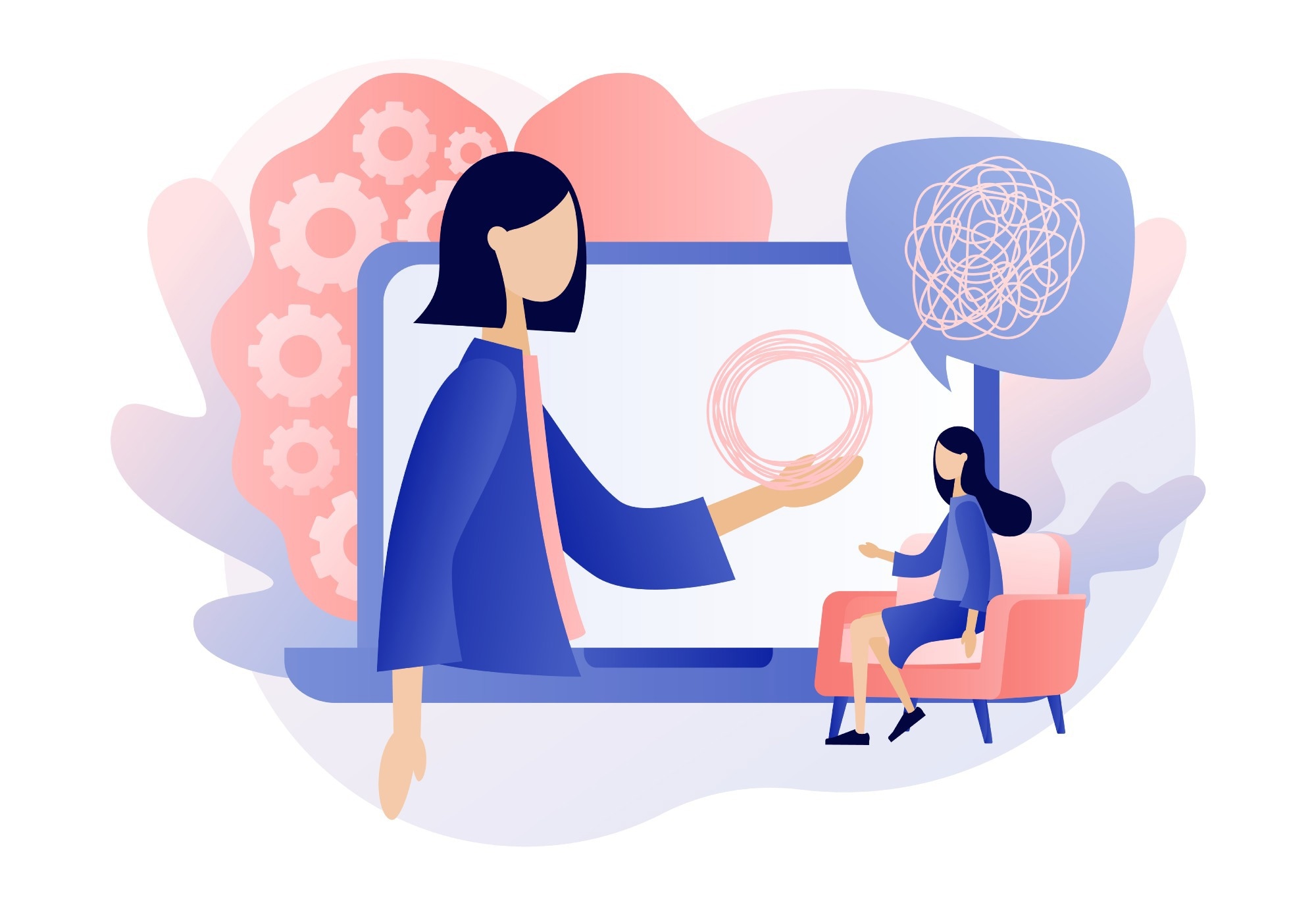All Categories
Featured
Table of Contents

Regular eye exams are vital for preserving excellent vision and discovering prospective eye wellness concerns early. Nevertheless, the regularity of these examinations can vary substantially based on a person's age, lifestyle, and total health and wellness. Comprehending the suggested timetable for eye exams can help make sure that individuals of every ages obtain appropriate treatment and tracking for their eye health and wellness.
Infants and Toddlers (0-2 Years)
For babies and young children, eye examinations are crucial for discovering any type of potential vision issues early on. The American Academy of Ophthalmology advises that a kid's very first eye exam ought to happen at around six months old. During this initial check out, the eye treatment expert will certainly assess the youngster's visual development and look for any type of noticeable eye issues.Following this initial examination, it is advised that children have another eye test at age 3. This go to will certainly concentrate on evaluating the kid's overall aesthetic function, including eye alignment and the capability to track things. If no issues are detected, the next test needs to be set up prior to the child begins school, typically around age five or six.
School-Aged Youngsters (6-18 Years)
Once children get to school-age child, routine eye exams ought to be set up each to 2 years. Vision is critical for finding out and development, and numerous schools conduct vision screenings. Nonetheless, these testings do not change a detailed eye examination by an eye care specialist.For kids associated with sporting activities or tasks requiring significant aesthetic focus, annual eye examinations may be a good idea. Additionally, if a child shows indications of vision troubles-- such as problem checking out, scrunching up your eyes, or regular frustrations-- a browse through to the eye doctor should be scheduled asap.
Young Person (19-39 Years)
Young person generally have fewer vision adjustments than older age teams, however normal eye tests remain necessary. The general referral is to arrange an eye exam every two years during this period. Individuals with specific danger aspects-- such as a family background of eye condition, diabetes, or those who wear contact lenses-- should think about annual eye tests.Additionally, those who invest significant time on digital devices might experience electronic eye strain. If signs and symptoms such as dryness, exhaustion, or obscured vision take place, it might be smart to see an eye treatment professional quicker.
Grownups (40-64 Years)
As individuals get in middle age, the probability of developing vision issues boosts. Adults aged 40 to 64 ought to set up eye exams each to two years. This age might start to experience presbyopia, a natural age-related condition that makes it testing to focus on close items. Eye examinations can additionally assist detect various other common age-related problems such as glaucoma, cataracts, and macular degeneration.If individuals in this age have risk variables such as high blood pressure or diabetes mellitus, they may need even more frequent assessments to check their eye wellness very closely.
Elders (65 Years and Older)
For senior citizens, normal eye exams become a lot more essential. The American Optometric Organization suggests that people matured 65 and older have an eye test at the very least annually. Older adults are at a higher danger for various eye conditions, including cataracts, glaucoma, and age-related macular degeneration. Early detection and therapy of these problems can prevent vision loss and boost the top quality of life.Final thought.
Understanding the suitable schedule for eye examinations based upon age is vital for maintaining optimal eye health throughout life. From infants to elders, routine eye exams play an essential function in discovering problems early and making certain that vision stays sharp. By sticking to these standards and talking to an eye treatment professional, people can take positive steps towards protecting their vision and total health and wellness. Whether it's a child's initial see or an elderly's annual exam, prioritizing eye care is a financial investment in lifelong wellness.Table of Contents
Latest Posts
Plan Iconic Affairs at Deauville Inn: Opt for Six Stylish Spots
Published May 16, 25
2 min read
Relax with Breathtaking Sunsets at Deauville Inn: Your Jersey Shore Getaway
Published May 14, 25
2 min read
Relax with Breathtaking Sunsets at Deauville Inn: Your Beachfront Getaway
Published May 13, 25
2 min read
More
Latest Posts
Plan Iconic Affairs at Deauville Inn: Opt for Six Stylish Spots
Published May 16, 25
2 min read
Relax with Breathtaking Sunsets at Deauville Inn: Your Jersey Shore Getaway
Published May 14, 25
2 min read
Relax with Breathtaking Sunsets at Deauville Inn: Your Beachfront Getaway
Published May 13, 25
2 min read